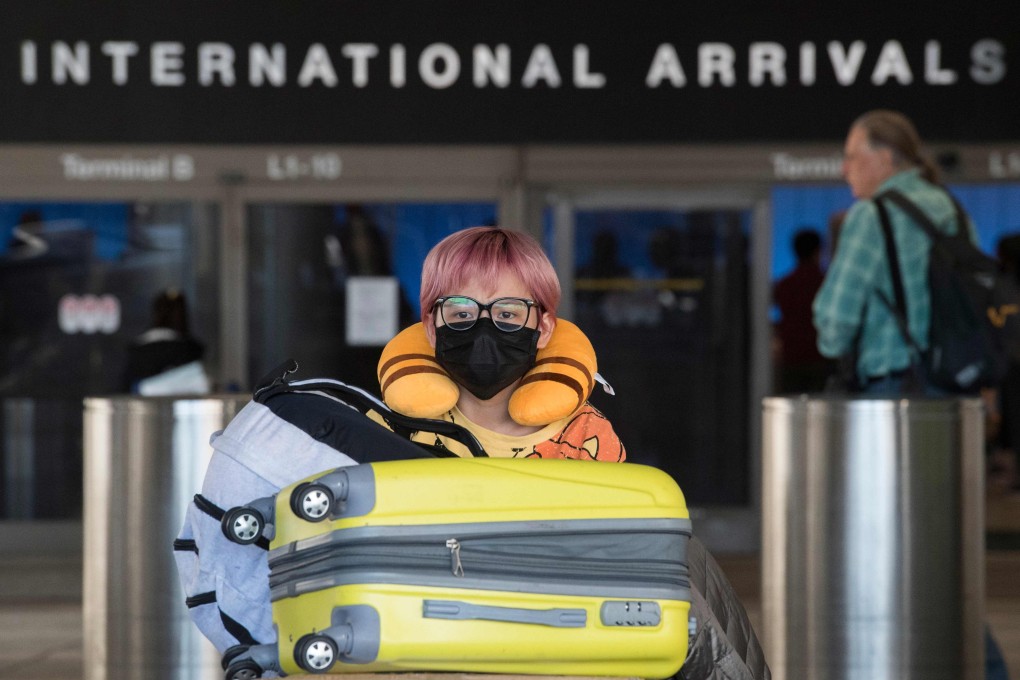Trump says US has ‘shut down’ coronavirus threat, offers help to China
- The US president appeared to play down concerns about the flu-like virus that has killed more than 300 people in China
- Trump’s national security adviser says that Beijing has not accepted US offers of assistance

The United States has taken decisive action to protect Americans from the threat of a fast-moving coronavirus while offering help to China, President Donald Trump said on Sunday, but a key adviser said Beijing had not accepted the offers of assistance.
Trump appeared to play down concerns about the flu-like virus that has killed more than 300 people in China and spread to more than two dozen countries, telling Fox television in an interview: “We’re gonna see what happens, but we did shut it down, yes.”
Concerns about the virus spurred the United States to declare a public health emergency and bar entry to foreign nationals who have recently visited China.
Under new restrictions that went into effect at 5pm Sunday, US citizens who have travelled in China within 14 days will be directed to one of seven airports designated for screening.
“We can’t have thousands of people coming in who may have this problem – the coronavirus,” Trump told Fox during a short interview broadcast on Sunday. He said US officials had offered China “tremendous help” in dealing with the epidemic.
Trump’s national security adviser, Robert O’Brien, in a separate interview, said China has been more open about the coronavirus than it has been in previous crises but had not yet accepted US offers of assistance.
“So far the Chinese have been more transparent certainly than in past crises and we appreciate that,” O’Brien said in an interview with CBS’s Face the Nation.